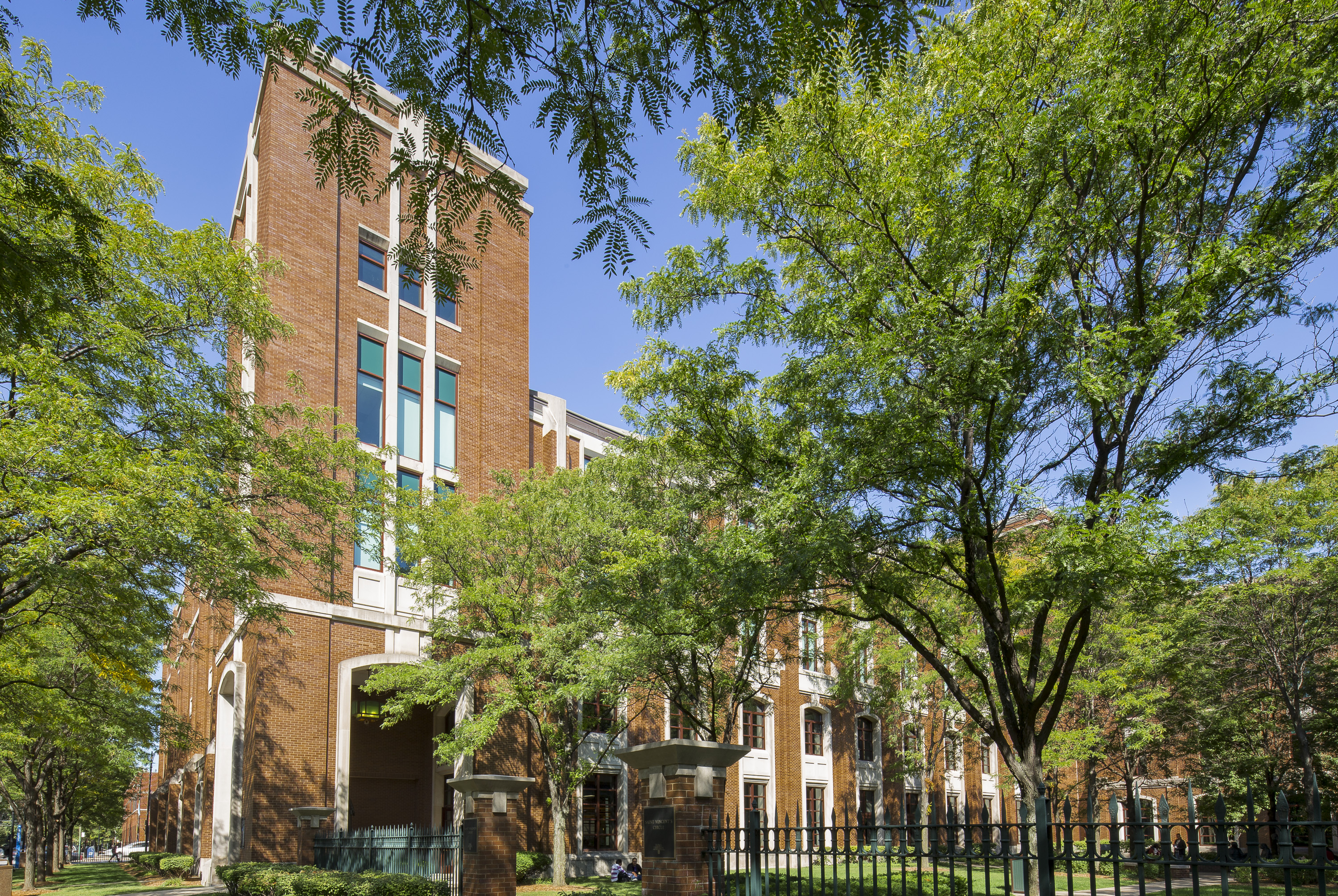 DePaul will remove Bishop Rosati’s name on its university spaces and archival collections, including the Rosati Room located in the Richardson Library. (DePaul University/Jeff Carrion)
DePaul will remove Bishop Rosati’s name on its university spaces and archival collections, including the Rosati Room located in the Richardson Library. (DePaul University/Jeff Carrion)DePaul has initiated discussions with the Western Province of the Congregation of the Mission on the shameful and inexcusable history of Vincentian priests in the early 1800s who enslaved Black people. A primary focus of these efforts is Bishop Joseph Rosati, C.M. Rosati was one of the early leaders of the Vincentian community in the United States and the first bishop of the (then) Diocese of St. Louis. Rosati's deplorable participation in the slave trade was recently reported by the Archdiocese of St. Louis.
While Bishop Rosati is clearly connected to the Vincentians who sponsor DePaul University, he has no direct connection to DePaul University. In fact, his actions took place more than 75 years before the founding of our university. However, our university is part of the Vincentian family, and we therefore acknowledge that these facts are connected to the history of our sponsor.
The Rosati Room in the Richardson Library bears Bishop Rosati's name, and consistent with our values, we will remove his name. The Western Province of the Congregation of the Mission's DeAndreis-Rosati Memorial Archives, held at DePaul University, will be renamed The Vincentian Archives. Rev. Patrick McDevitt, C.M., provincial of the Western Province, has committed to facilitate discussions to more fully examine connections between the Vincentians and the vile practice of slavery.
Although these actions do not directly involve the university, DePaul is committed to our Catholic, Vincentian identity, as well as confronting historical realities. To fully embrace our present, we must acknowledge wounds inflicted by past actions. We will do so to model for our students and others what it looks like and means to face these facts in a mission-driven way. As such, we will keep you advised of the findings and further developments from this important effort.